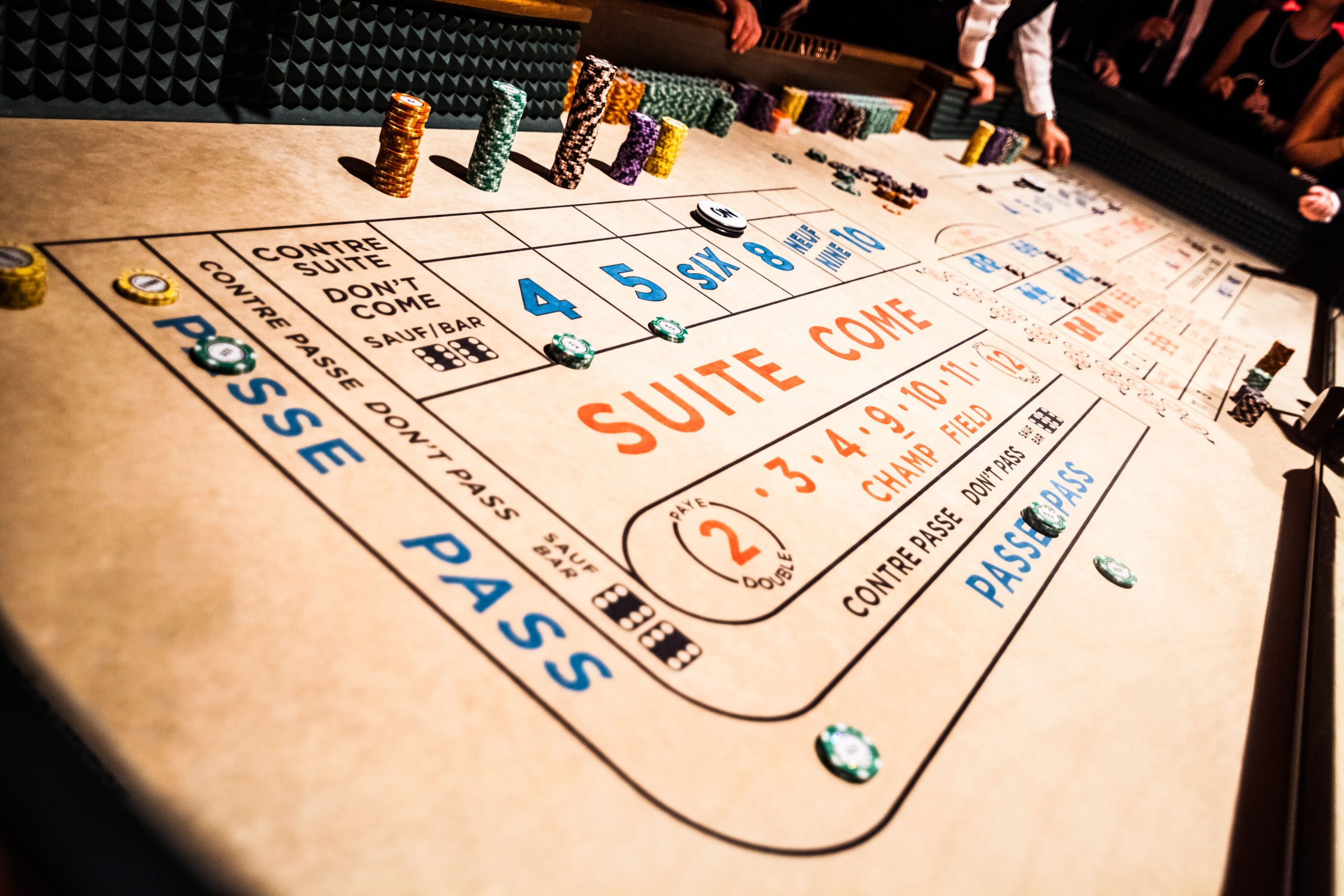
When it comes to gambling, there are a few essential elements that you need to be aware of. These elements are what make gambling so exciting and fun, but also so dangerous. If you’re not careful, gambling can easily become an addiction that can ruin your life.
The first element of gambling is chance. When you gamble, you’re essentially taking a risk. There’s no guarantee that you’ll win, and if you don’t have any luck, you could easily lose everything you’ve put into the pot. This is what makes gambling so thrilling – the possibility of winning big, or losing everything.
The second element of gambling is skill. While chance plays a big role in gambling, skill also plays a part. If you’re good at reading people and understanding the odds, you can increase your chances of winning. This is why many professional gamblers are able to make a living off of gambling – they’ve mastered the skill of reading people and playing the odds.
The third element of gambling is money. Gambling is all about betting money on the outcome of an event. The more money you bet, the higher the potential payout. However, the more money you bet, the greater the risk of losing it all. This is why it’s important to only gamble with money you can afford to lose.
The fourth and final element of gambling is psychology. Gambling is as much about mindset as it is about chance and skill. If you’re not mentally prepared to handle the ups and downs of gambling, you will likely find yourself in a downward spiral. Many gamblers end up addicted to gambling because they can’t handle the psychological pressure of always being on the verge of winning or losing.
These are the four essential elements of gambling. If you’re going to gamble, it’s important that you understand these elements and how they work. Gambling can be a lot of fun, but it can also be very dangerous. Be sure to gamble responsibly and only with money you can afford to lose.
What are the elements of gambling?
Gambling is the wagering of money or something of value (referred to as “the stakes”) on an event with an uncertain outcome with the primary intent of winning money or material goods. Gambling thus requires three elements be present: consideration (an amount wagered), risk (chance), and a prize. The outcome of the wager is often immediate, such as a single roll of dice, a spin of a roulette wheel, or a horse crossing the finish line, but longer time frames are also common, allowing wagers on the outcome of a future sports contest or an entire sports season.
The term gaming in this context typically refers to instances in which the activity has been specifically permitted by law. The two words are not mutually exclusive; i.e., a “gaming” company offers (legal) “gambling” activities. However, this article covers the legal aspects of gambling.
Gambling is a popular form of entertainment in many cultures. It has been present in society since its earliest days. It is also one of the oldest forms of human interaction, with evidence of gambling activities dating back to as early as 2300 BC. From the Ancient Greeks and Romans to Napoleon’s France and Elizabethan England, much of history is filled with stories of entertainment based on games of chance.
The first known casino was the Ridotto, established in 1638 in Venice, Italy. Casinos are now commonly built near or combined with hotels, restaurants, retail shopping, cruise ships or other tourist attractions. Some casinos are also known for hosting live entertainment events, such as stand-up comedy, concerts, and sporting events.
Over the centuries, gambling has taken on many different forms. From betting on the outcome of sporting events to playing cards or dice for money, there are countless ways to gamble. Today, gambling is more popular than ever before, thanks in large part to the rise of online gambling platforms and the availability of mobile devices that make it easy to place a bet or play a game from anywhere.
There are many different types of gambling, but they can all be divided into two broad categories: chance-based gambling and skill-based gambling.
Chance-based gambling is any type of gambling that involves elements of chance or luck. The most common examples of chance-based gambling are casino games such as slot machines, roulette, and blackjack. These games are all based on random chance and there is no skill involved in playing them. Other examples of chance-based gambling include lotteries and scratch cards.
Skill-based gambling is any type of gambling that involves some element of skill. The most common example of skill-based gambling is poker. In poker, players use their skills to read other players and make strategic decisions in order to win money. Other examples of skill-based gambling include sports betting and horse racing.
While there are many different types of gambling, all forms of it share certain commonalities. In order to gamble, you must have something that you can use to place a bet or wager (referred to as “the stakes”), and there must be an element of chance involved in the outcome. The winner of the gamble will receive some kind of prize, which may be monetary or otherwise.
What are the 3 basic types of gambling?
There are three basic types of gambling: table games, gaming machines, and sports betting.
Table Games:
The most popular table game is blackjack. In blackjack, players try to beat the dealer’s hand by having a hand total that is higher than the dealer’s, but not exceeding 21. Other popular table games include roulette, craps, and baccarat.
Gaming Machines:
The most popular gaming machines are slot machines. In slots, players try to line up matching symbols on a horizontal row. If they do so, they win a prize that is determined by the paytable of the machine. Other popular gaming machines include video poker and keno.
Sports Betting:
Sports betting is the wagering of money on the outcome of a sporting event. The most popular sports for betting are football, basketball, baseball, and hockey.








